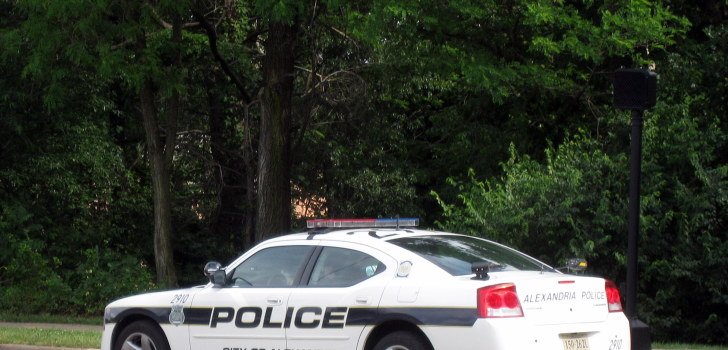The Fairfax County Police Department (FCPD) and its chief of police have been sued by a Virginia man for the unlawful collection of information about his license plate.
The state’s own attorney general has previously written to the head of the state police force that such collection violates the state’s Data Act, yet the practice has continued unchecked.
Harrison Neal filed the lawsuit Tuesday, alongside the American Civil Liberties Union (ACLU) of Virginia, challenging the use of automated license plate readers (LPR) by law enforcement.
Neal submitted a public records request in 2014 wanting a complete history of any time his car had been read by the FCPD LPR system. The police responded with details on two instances in which it was read.
At is issue is the so-called ‘passive collection’ of this data which is distinct from the FCPD’s “active” use of the collected data, which is where it scans an unknown plate against a list of wanted or stolen vehicles.
Mr. Neal wants the court to ban the FCPD from continuing its passive scanning, where it quietly collects and stores thousands of LPR records each day. What those records are used for is anyone’s guess, as they are incredibly detailed and could be used in a wide array of privacy invading practices that do not require any sort of warrant or court oversight.
“The Department’s ALPR database can be used to discover the location of thousands of vehicles at a particular date and time,” said Rebecca Glenberg, the ACLU of Virginia’s legal director, in a statement.
“It is an unacceptable invasion of privacy. The Data Act is very clear. Personal information cannot be collected, stored, or disseminated unless the need for such collection has been clearly established in advance and the information is appropriate and relevant for the purpose for which it was collected. None of this is true of the thousands of license plate numbers stored in FCPD’s database.”
Aside from the issue of what the data is used for is how long the data is stored. The system has precisely zero oversight and so is free to keep data forever. This has wide-reaching privacy implications, especially given law enforcement’s growing ability to analyze such massive amounts of information.
The case is seen as a key test for new and increasingly invasive technologies that are being operated by numerous government agencies against the American public. Such systems are seldom disclosed to the public and result in secret networks of systems profiling law-abiding Americans. The extreme secrecy around such systems have meant very few have been challenged in court, as citizens are seldom aware what is happening.
Stay Connected